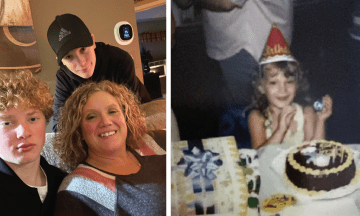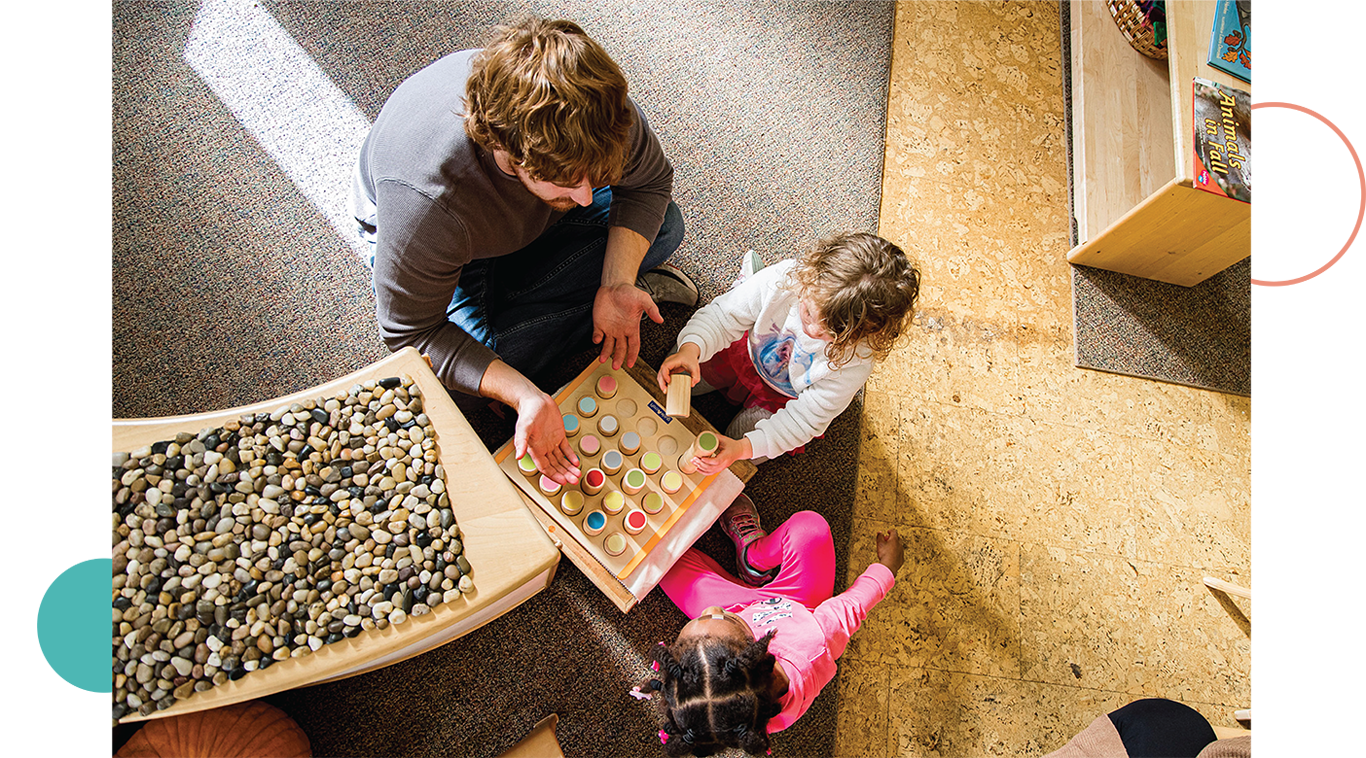You mean well. You want to reassure your child who is sad or hurt or disappointed — or ANGRY — that she is ok. And you WANT her to be ok. It is so difficult, as a parent, to witness your child in distress. We feel it; we hurt with them. But the problem with telling a child she is ok — when she clearly isn’t feeling ok — is that you are denying her feelings, denying her support in managing powerful feelings, and missing an opportunity to teach her about feelings and the names for them.
For all young children, learning occurs within the context of trusting relationships. In order to thrive all children need a secure, trusting relationship with at least one primary caregiving figure. An important foundation for this secure, trusting relationship is for the child to trust that this important adult knows him well and understands him. He needs to feel “felt.” We all need to feel felt. Nothing feels better — and nothing helps to defuse overwhelming feelings — quite like being able to express them and for someone to respond that she understands and sympathizes. This is an important support for which even adults use their friends and loved ones. When we vent to a friend about a frustration, we need to hear him say, “Yeah, I hear you. I’d feel that way, too.” It hurts to have someone tell us it’s no big deal or that we should get over it. The truth is, it’s easier to “get over it,” once we’ve freely expressed our sadness, disappointment, indignation. And so it is for young children, who don’t have the benefit of “big picture” thinking that we may use to put a small upset in context. (And failing to validate a child’s feelings does not teach the “big picture” thinking that we may wish the child had — that comes with maturity and continued experiences with feeling distress — then being able to feel better.)
Another huge problem with telling a child how he or she should be feeling is that we want children as they grow to learn to trust their own feelings. Learning to do the right thing begins with a child’s developing an inner voice, so to speak, that guides the choices the individual makes throughout life. Telling a child in distress that he is ok is suggesting that he shouldn’t listen to what that inner voice is telling him about the situation.
As parents we want our children to grow to be caring people. Empathy begins to develop in the early childhood years, and an essential piece of this is for the child to learn to “read” other people and respond in a caring manner. This is an important skill your child’s future personal and professional relationships. When a child is in distress, parents have the opportunity to model this. Modeling recognizing another person’s feelings and offering comfort is our most effective strategy for growing this capacity in children.
When your child is jealous or worried or excited, or proud, this is an important opportunity, also, for teaching the names for feelings and what those feelings look and sound like. So it’s important that we reflect, in our voices and in our faces, the appropriate affect as we name the emotions we are reading in the child!










